The road to circularity: Episode 5 – Food
The food we consume causes serious damage to the environment. This happens, for example, due to the various greenhouse gases emitted during its production. In addition, a large part of the available land and water is also used for food production. The food we produce must therefore be handled with responsibility and waste must be prevented at all costs.
All dishes served at DGTL festival are vegan.
We only make use of reusable tableware because reuse is better than recycle.
GOING PLANT BASED
Three-quarters of the world’s agricultural land is used for livestock farming, while this industry provides only 18% of the human calorie intake. In addition, this industry is responsible for 15% of global CO2 emissions, which is more than the entire logistics sector.That is why we decided to go completely vegetarian in 2016. Through a new partnership with Beyond Meat, we can offer the same experience to visitors, but without the negative impact. With this initiative, we save 73% CO2 emissions. Besides the fact that the dishes are vegetarian, they are also organic and locally sourced as much as possible. Everything is done to prevent food waste. Since 2022, our menu is completely vegan, thus preventing evenmore CO2 emissions.
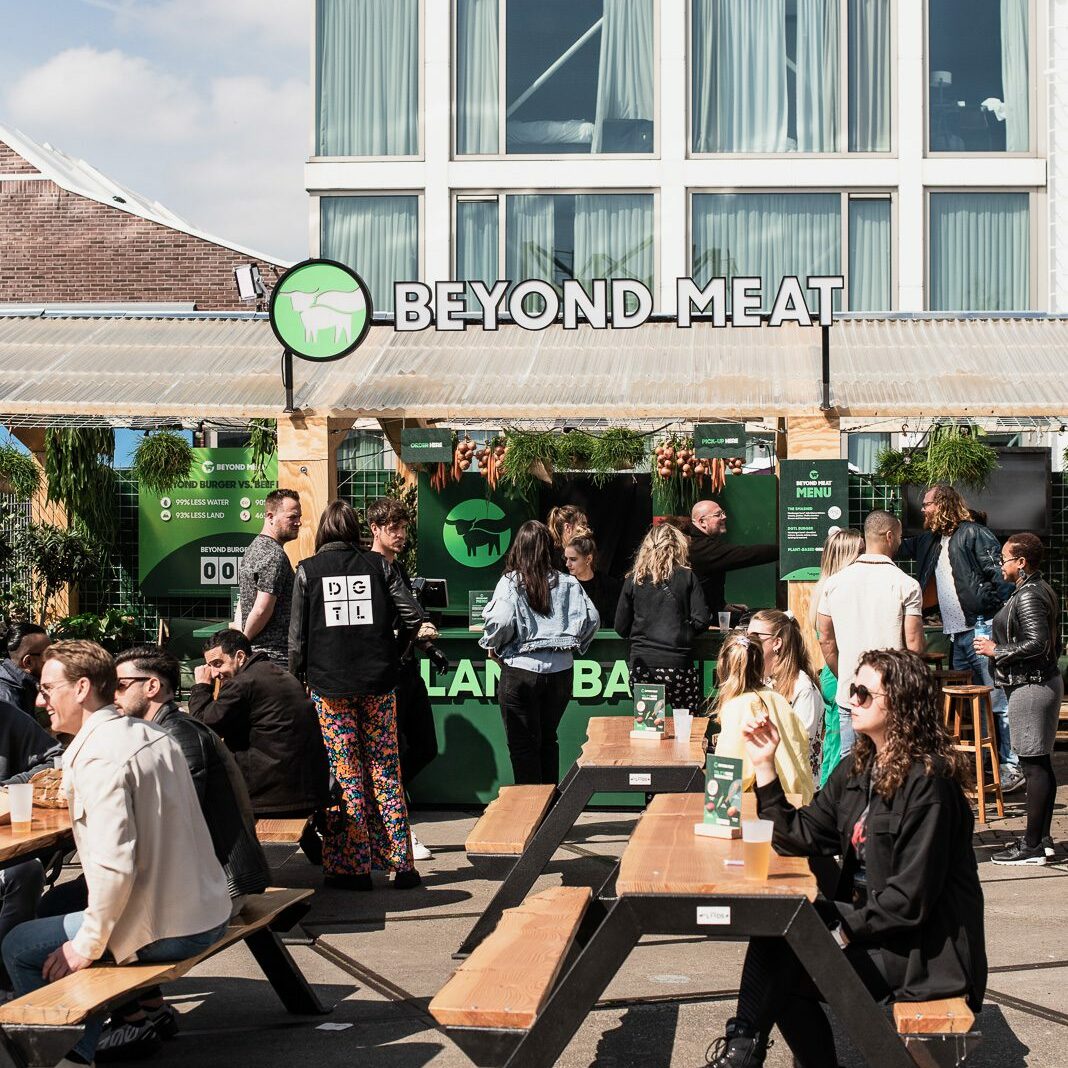
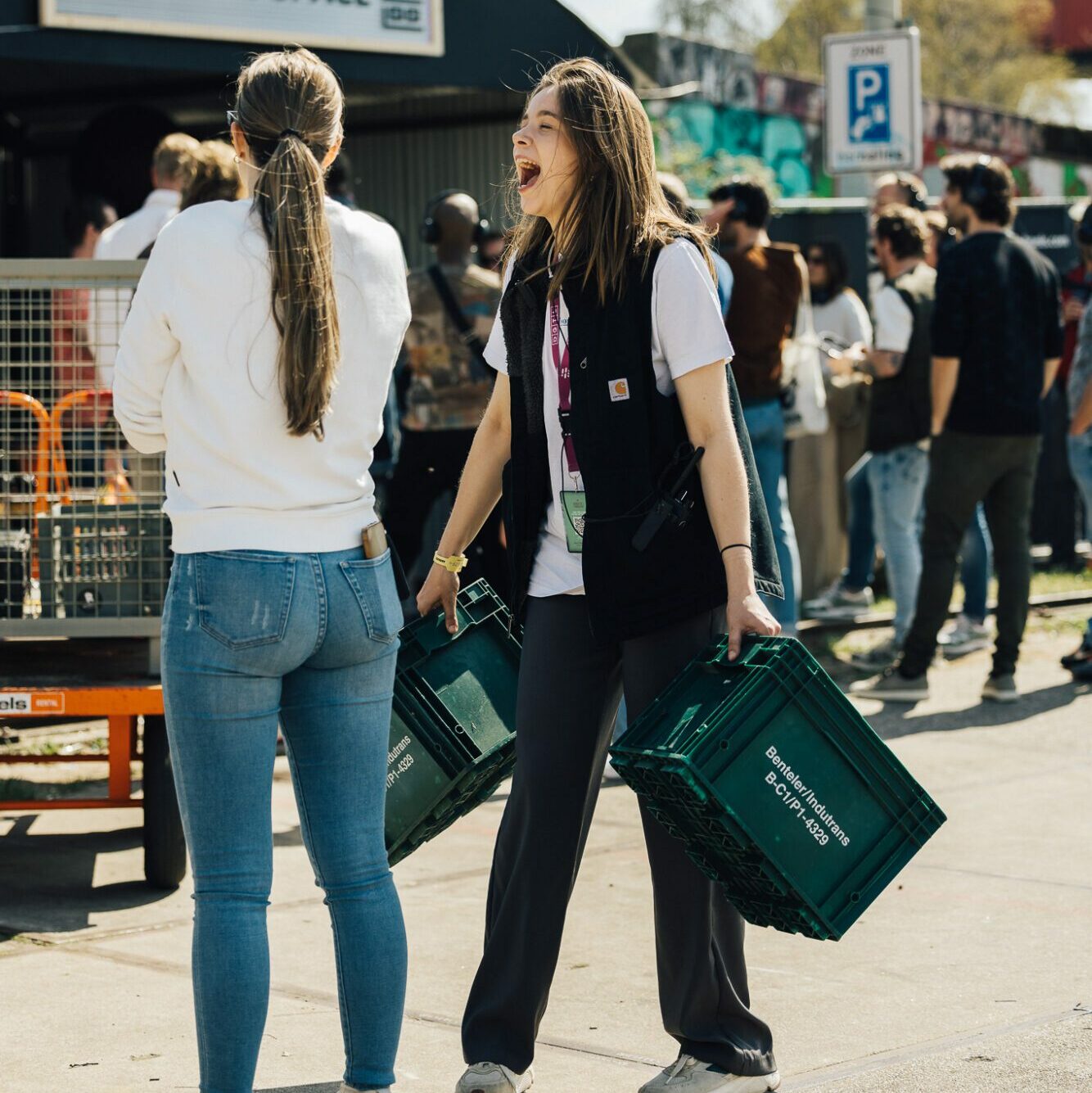
REUSABLE TABLEWARE
At DGTL festival there is no room for disposable products, everything will be reused. Visitors have to be inspired to make the transition from a linear to a circular economy. During the past editions of DGTL festival, compostable tableware was used. However, this still feels like disposable tableware for visitors. Reuse is better than recycling, which is why we started a pilot with reusable tableware in 2022.
MAKING COMPOST
Every year 1.3 billion kilograms of food is lost worldwide. That is more than one third of all food produced yearly. Food waste is also a major problem at festivals. Many (partial) meals end up in the festival trash bins, and the resources are lost. As a solution to this problem, we introduced the 24-hour composting machine in 2018 as an addition to the food court. Besides that, we also replaced regular serving trays with tableware (and cutlery) made from cane sugar. These changes made it possible to process all food court waste flows into compost on-site. This compost is used locally to grow crops afterward. Since 2022 the composting machine has made a comeback.
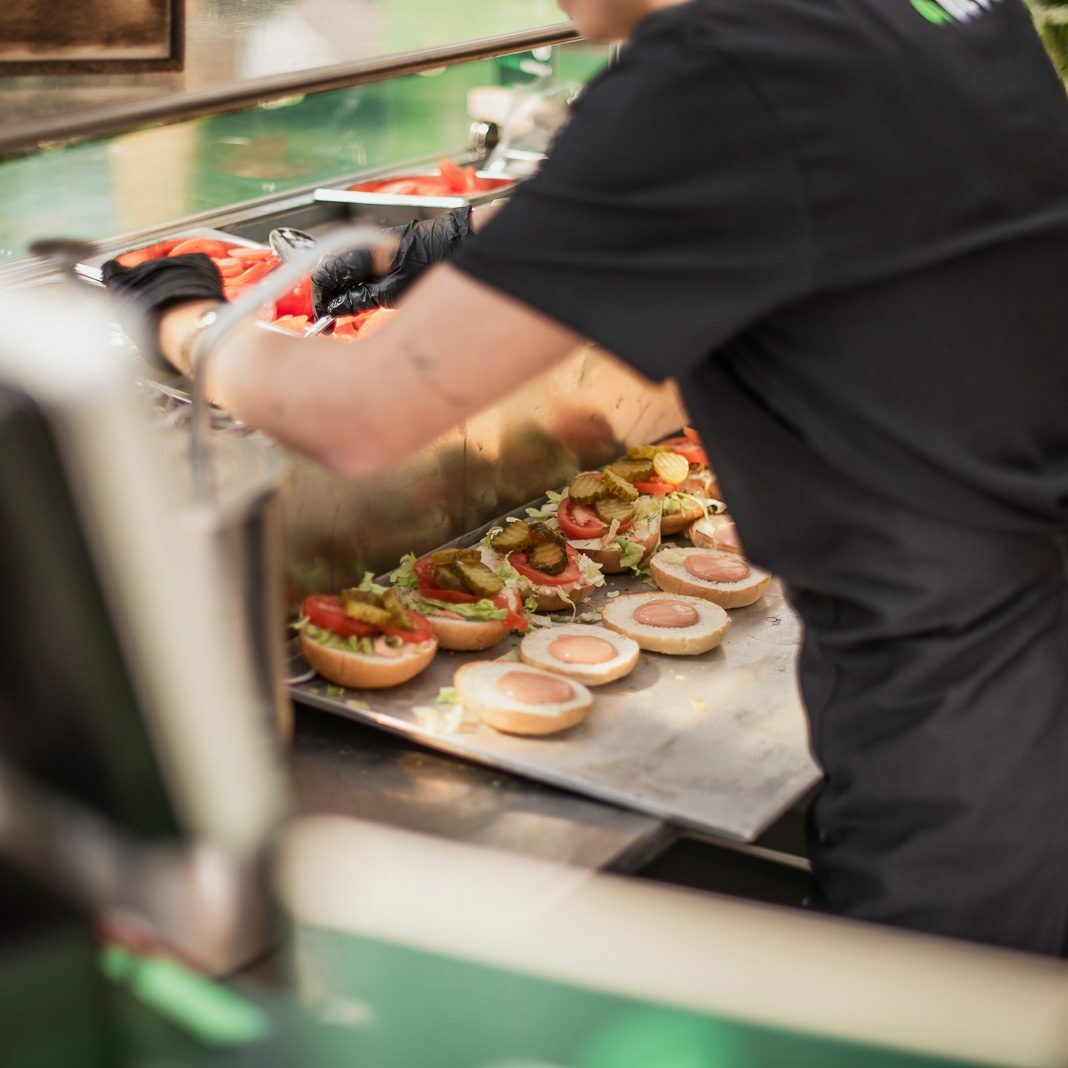
Get to know all dgtl piLlars
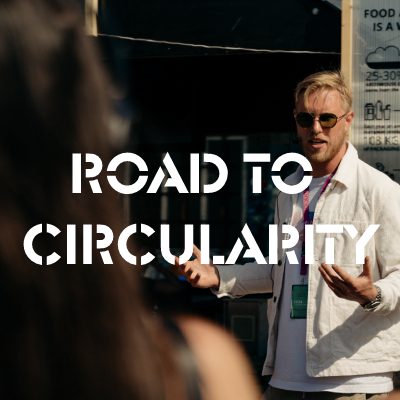
This is why it is more sustainable to dance with us during DGTL rather than staying at home.
READ MORE
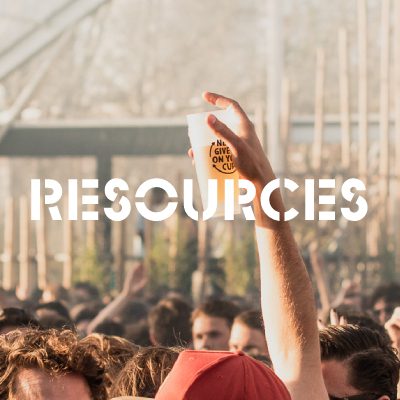
Materials are cycled at the highest possible value, residual waste does not exist.
WATCH EPISODE 1
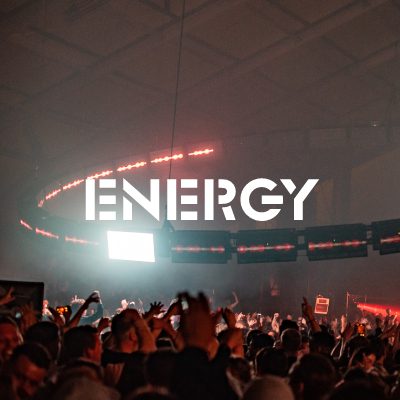
All energy comes from renewable energy sources.
WATCH EPISODE 2
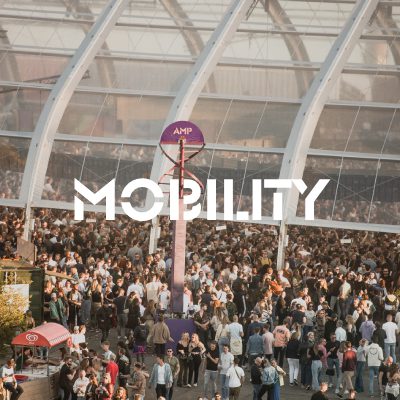
Greenhouse gas emissions from transportation movements are eliminated.
WATCH EPISODE 3
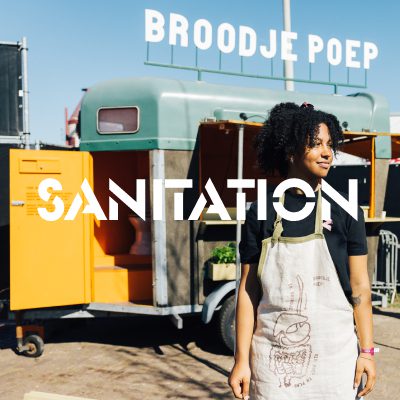
Use of freshwater is reduced and nutrients are recovered from wastewater.
WATCH EPISODE 4
